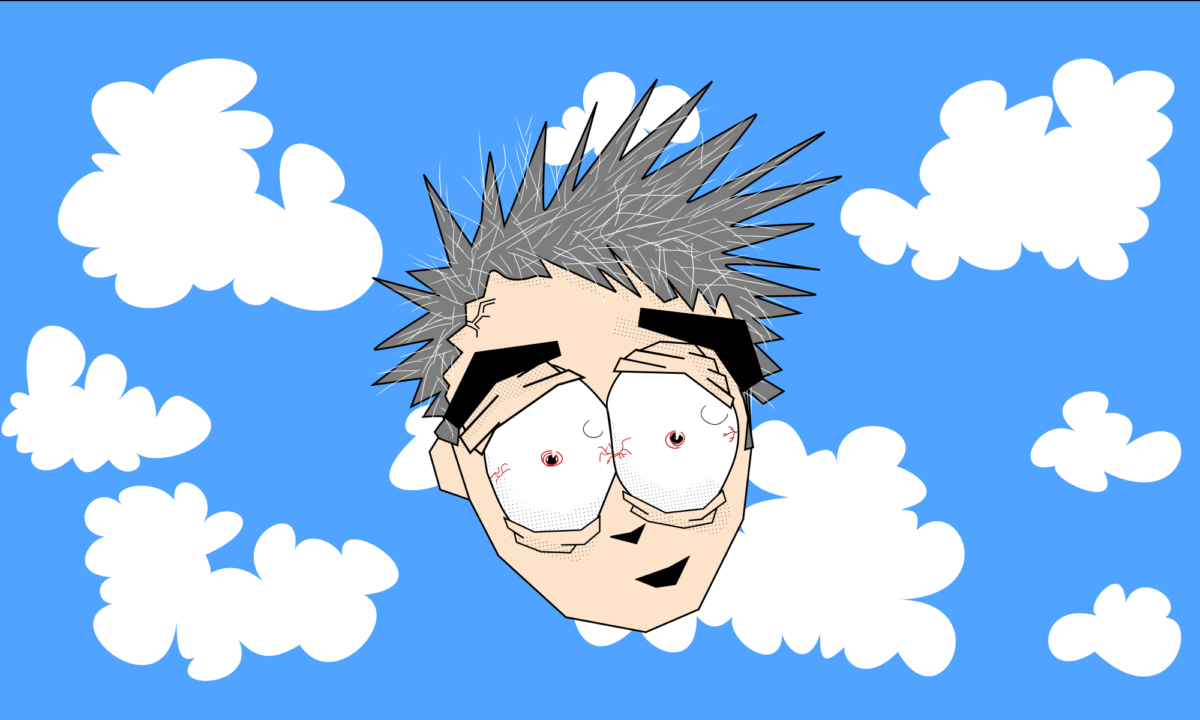Deep adaptationは「深い適応策」って意味で、私たちの社会は持続不可能で、効果的な対策(すぐゼロカーボンなど)は取れていないから、数十年(数年???)以内に崩壊するしかない、という、「崩壊から生き残る人はよりいい社会を作れるように」の社会活動の動きです。今年本は出版されて、編集者のJem Bendellさんとのインタビューを英語にまとめて、XR日本の週一回のZoomで行う話し合いで日本語に訳させていただきました。
XR日本の会議:
https://www.youtube.com/watch?v=lVOwNn-mOss
元の動画:
https://www.youtube.com/watch?v=xPr8-fmkI5w&t=4s
私のまとめの文章:
What is deep adaptation?深い適応
A framework for the navigating the disruption and even collapse that is coming because of environmental breakdown
Ethos: open-hearted open-minded framework for exploring ideas
Resilience – what do we what to keep
Relinquish – what can we let go of
Restoration – what can we bring back
Reconciliation – what can we make peace with as we face our common mortality
The realization that collapse is coming was very troubling, we don’t have ways to talk about it
So the deep adaptation forum community has focused on how to support each other with our emotions, as well as practical skill sharing.
India: anticipated disruption, didn’t focus on themselves, helped the migrant workers
What is the evidence for anticipating social collapse?
The environmental damage already done:
Covid-19 – UN says we are going to get more pandemics (zoonotic spillover)
Food supply – multi-breadbasket failure
Future warming – carbon in atmosphere, heat stored in oceans
Self-reinforcing feedbacks – degraded natural sinks – amazon rainforest is now a source not a sink – drying soils forest fires. 2020 7% reduction in human emissions but atmosohere continued to rise
9 of 15 important feedback tipping points have been passed??
the government economy and lifestyle changes that we need…we are not seeing those
so we must continue to try to reduce the risk whilst also preparing for the worst…
What do you say to your critics?
two types
heard critisism that DA is unhelpful
professions – unproductive or wrong to work on societal breakdown
Bias towards normality: what is normal will continue to be normal
Can we assume everything will change everywhere superfast and that that will be enough?
mainstream science doesn’t demand that we prove this will happen.
I’m assuming Business as Usual will continue – emissions have continued to rise – why don’t we need to prove that it’s safe before continuing to emit carbon?
our societies are very very complex – no way to predict what will lead to the unraveling of society, DA doesn’t try to predict how, concentrates on doing something about it
Science: too much measurement and statistics
What do you say to people who worry about the impact of people preparing for collaspe?
Stress could hasten disruption, but it doesn’t have to be that way, if we can face our difficult emotions, and find ways to be curious, compassionate, and creative then there’s a lot we can learn and do better.
The evidence doesn’t suggest apathy – XR – realization condemns our current culture, leads to an existential challenge, people are transforming their lives
This idea that we shouldn’t tell people about collapse comes from behaviour psychology and economics, which thinks of people as consumers who need tweaking, not as activists, citizens and leaders, which is what we need for revolutionary change.
There’s no basis in evidence that talking about collapse leads to apathy
Initial despair -> transformation, and very powerful commitment to doing what is right
People who listen to the professional critics:
Anticipating collapse is scary, but now many scholars working on it.
There is no evidence global heating is not as bad as we thought, and constant evidence that it is worse.
But the vested interests (受益団体) who will lose out if those in power take collapse seriously
are not giving up
Militaries are planning for greater disruption, collapse – planning how to maintain their capacity for war.
We need other groups in society (with different values) also thinking about this issue
How did you come to conceive of DA?
After working on the 2017 UK labor corbyn campaign I went and lived in Greece in an anarchist neighborhood, and one night went to an improv theatre group – I found i was scared of how people would react, and I started to think that maybe we can improv our way into a better future for humanity
Why a book now?
Many people already anticipate collapse – positive or problematic responses.
but in public it’s not really acceptable to talk about it,
so these conversations are pushed into private
DA helps us engage with those emotions
DA is wide, so an edited book shows the breadth of approach
Why a scholarly book?
To show how seriously scholars are taking this
What does deep adaptation actually involve?
emotional support
education
local resilience
organizing for change
political activism
There was an early focus on inner work.
Everyone will find their own ways of coping or even thriving in the new context – more disruption less certainty about the future,
I don’t have a family so I’ve been free to explore
I don’t feel i need to save money for the long term, I’ll be grateful but surprised if I’m still alive in the 2030s with similar opportunities and circumstances as now…..but realizing that I may not have a future didn’t lead to hedonism, it lead to me wanting to do meaningful work with no compromise.
I live cheaply and have invested in some agricultural land, and help out at a local Buddhist temple
How does DA relate to mainstream climate policy?
The mainstream has a new emphasis on adaptation, but it’s too limited and counterproductive: patching up situations that can’t continue
I hope people will read the book and add to what they are doing, re-focus + prepare for the worse case scenarios, Please hope that what you do has some impact, but do it anyway (even without hope of success) because it’s meaningful to do whether or not it succeeds.
